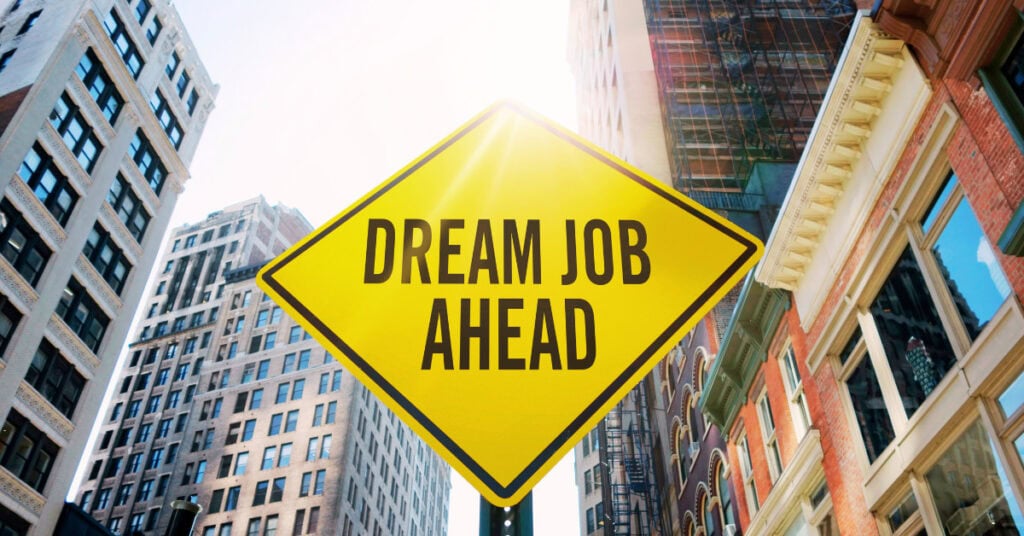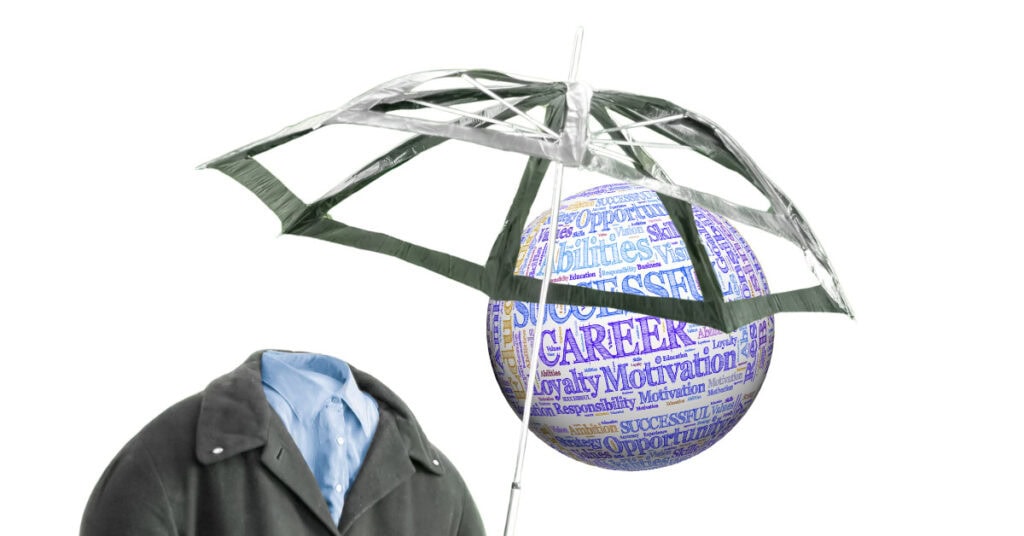What are the new rules for interviews?

Photo by Alan Cleaver
This is a time in our history where many of the things that you took for granted if you only job searched in a good economy have new rules. You can’t assume everything will be the same. Below are some common questions and answers about interview protocol, methods, and strategies.
- They called me to schedule a phone interview, what does that mean?
- Phone interviews are often the first interview today. In keeping costs down, people want to schedule the top candidates with a phone interview. You should not look at this lightly. The phone interview should be prepared for in the same way you would for an in-person interview. Here are some tips to remember about your phone. You do have some control over the schedule. They may e-mail you or call with a preliminary call to schedule an interview. Unless you are totally ready at that minute, don’t say right now as the best time. Schedule it out according to the guidelines they offer.
- I have to fly (drive) to the interview, will they reimburse me?
- You can assume that they will not, unless they bring it up. Company recruitment budgets are cut and you have to be exceptional and they have to be doing very well to have a budget to pay for expenditures like that. If you ask for reimbursement, you may find you lose the interview even if everything else went well.
- How many interviews can I expect?
- Again, new rules. You can expect at least two, but I have had clients with up to 8 interviews before they were selected. You can expect many different parties involved. Your first call could come from either an external or internal recruiter but don’t take that lightly either. They are often the gatekeeper.
- I heard that my friend had to do a behavioral assessment as part of an interview, is that common?
- Again, as companies are seeking the very best candidates for interviews, they will often employ tools similar to the DISC assessment I use for my clients. In fact, late last year, I had an HR person request me to provide assessments for three candidates they were interested in hiring. The assessments show your strengths and weaknesses, offer your ideal environment, and show the best communication methods. If you are asked to do an assessment (or perhaps several as one of my clients was given), follow the directions which almost always say something like go with your gut. Thinking too hard about the “right” way to answer questions will be sure to create a false report.
- How do I handle the tough stuff in interviews?
- Preparation is key as well as brevity. On tough questions, like why did you leave your last job, practice an answer that is not blaming or defensive. If you were dismissed, no matter how bad the company was, do not blame them. Your interviewer is going to wonder if you would say the same about them in a short time. Don’t worry about the gaps in employment. We have had three years of unprecedented job losses throughout the United States and now across Europe too. If you have had some time between jobs, your prospective employer should realize this. Don’t get defensive! Just be prepared to explain how you used your time.
If you have other interview-related questions, share them in the comments and I will answer there and potentially in another post.
5 Comments
Resume Design and Job Seeking Tips
Here are Design Resumes' latest articles on job search, resume design, resume writing, and Linkedin optimization articles I've written.
Julie Walraven
Professional Resume Writer
Here are ways I can help you land your dream job.
You may be halfway across the country or the world. When you work with me, we share coffee, laughs, and concerns. This turns the scary job search into creative, consultative writing and learning sessions.





Julie, excellent advice–as always! I would have found it helpful I think if perhaps in a future blog entry, you could address interviews with multiple interviewers and a single candidate.
Got an idea, Ed… let’s collaborate! You can help me write the post… and give some of your perspective in the process. No one understands it better than a job seeker and no one is as articulate as you are as a representative for the community! Let’s work on it soon…
The most successful interviews I’ve ever been on, I had the attitude that I didn’t need the job but that I wouldn’t blow the interview. Almost like I wanted them to convince me to become their employee. Of course if you’ve been chasing these people down for weeks, it’s probably not the best attitude to have – but if you’re using Julie’s backdoor method and having them call you, it should work wonderfully.
I think you are right, Michael. I think when you are under less pressure from “needing” the job, you tend to perform better too. But you are totally right that the back door policy is key to winning interviews.
Thanks for this helpful and straightforward list of guidelines, Julie. Thanks especially for providing a good overview of what has changed in the job search landscape, as well as for providing some encouragement to those dealing with a gap in their resumes. Given the extremely high unemployment rate, there are far more people who have an employment gap. This is nothing to be ashamed of in this difficult economy — however, you are right in that it’s important to be able to discuss how that “gap” time has been used.
Regards, Lori